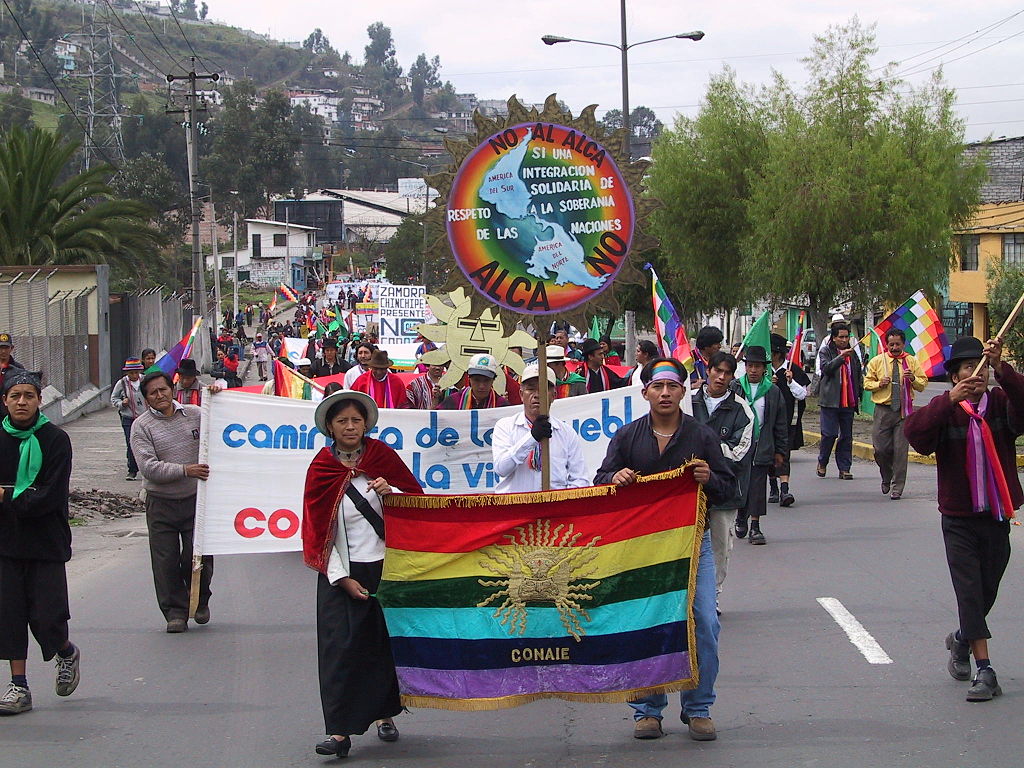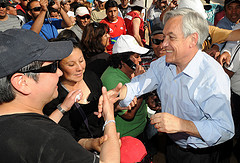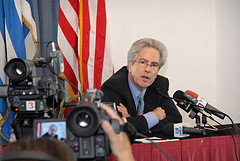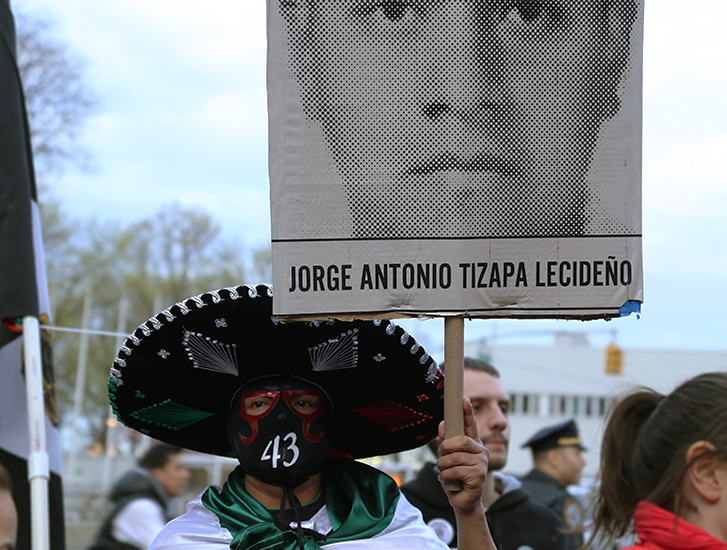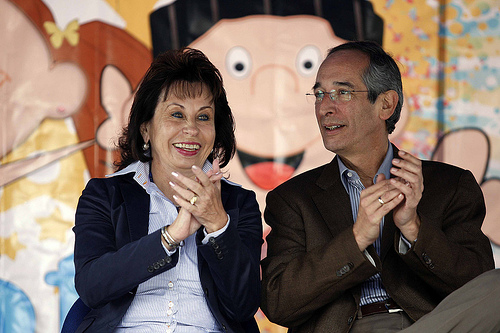
Latin America: Week in Review, Venezuela
Hugo Chávez Says Doctors Removed Cancerous Tumor; No Word On Return To Venezuela
July 1, 2011 By Staff
Today in Latin America
Top Story — Venezuelan President Hugo Chávez announced last night on state-run television that doctors had removed a cancerous tumor while in Cuba. Chávez said the “abscessed tumor with cancerous cells” required continuing treatment in Cuba, but did explain what type of treatment, where the tumor was located or when he would return to Venezuela. The Venezuelan president added there were no complications to his second surgery and that his medical condition has been progressing “satisfactorily.” Chávez, who is notorious for his impassioned, improvised speeches, read for about 15-minutes from a prepared speech. “Throughout my life, I’ve been making the fundamental error of neglecting my health and been reluctant to get checkups,” Chávez said.
Just Published at the Latin America News Dispatch
- The Colombian city of Cartagena is famous for its well-preserved historical walled center and nearby fortress that were declared UNESCO World Heritage sites in 1984. However, beyond the wall is a city very much in contrast to the colonial charm of the historical center. Colombia-based photographer Trevor Bach ventured into Cartagena to capture these images.
Headlines from the Western Hemisphere
North America
- Georgia’s strict new immigration law takes effect today, despite a federal judge blocking certain provisions of the legislation.
- The top Democrat on the House committee investigating the beleaguered federal gun-trafficking operation known as Fast and Furious said weak laws hurt federal firearms agents trying to counter gun trafficking by Mexican drug cartels.
- Immigrant rights groups are suing Los Angeles County and Sheriff Lee Baca over the sheriff’s alleged failure to provide information about the department’s cooperation with Immigration and Customs Enforcement.
- The Atlantic’s first tropical storm of the season hit Mexico, with strong wind and heavy rain drenching much of the region.
Caribbean
- Cuba’s leading dissident, Oscar Elias Biscet, said he “was shaking with happiness” as he learned Thursday that rock star and social activist Bono had sung his praises during a jam-packed U2 concert in Miami.
- Haitian President Michel Martelly must urgently rehouse homeless quake survivors still living in camps nearly a year and a half after the disaster, and meet the basic needs of those who remain in urban slums, says a new report from the International Crisis Group.
Central America
- Salvadoran President Mauricio Funes accused his country’s past governments of sponsoring organized crime and said an investigation turned up links between El Salvador’s military police and Mexican drug cartels.
- The former head of El Salvador’s anti-drug police wants to be reinstated after serving a two-year sentence when an investigation revealed his links to drug gangs.
- A mansion once owned by former Panamanian strongman Manuel Noriega will be destroyed to make way for a park because the government can’t find any buyers.
- Panama and Costa Rica are promoting the construction of temporary bridge between the two countries to improve the passage of goods and people.
Andes
- Venezuela’s telecommunications agency began a new investigation of the TV channel Globovision on Thursday, this time for its coverage of violence at two prisons where inmates have battled troops.
- A Colombian drug kingpin who pleaded guilty to smuggling thousands of kilos of cocaine into the United States was sentenced to 22 years in prison, the Justice Department said Thursday.
- Bolivia’s government has informed the United Nations it is renouncing the world body’s anti-drug convention because it classifies coca leaf as an illegal drug, the Foreign Ministry said Thursday.
Southern Cone
- Police in Chile used tear gas against protesters armed with sticks and rocks who took to the streets of Santiago to demand educational reforms.
- Brazilian President Dilma Rousseff said the Mercosur trade bloc wants an early agreement with the European Union on a free trade pact.
- Argentina plans to compensate the families of victims who died in the 1992 attack on the Israeli Embassy in Buenos Aires.
- To cool off the country’s economy and help fight inflation, the Brazilian government held back on spending in May.
